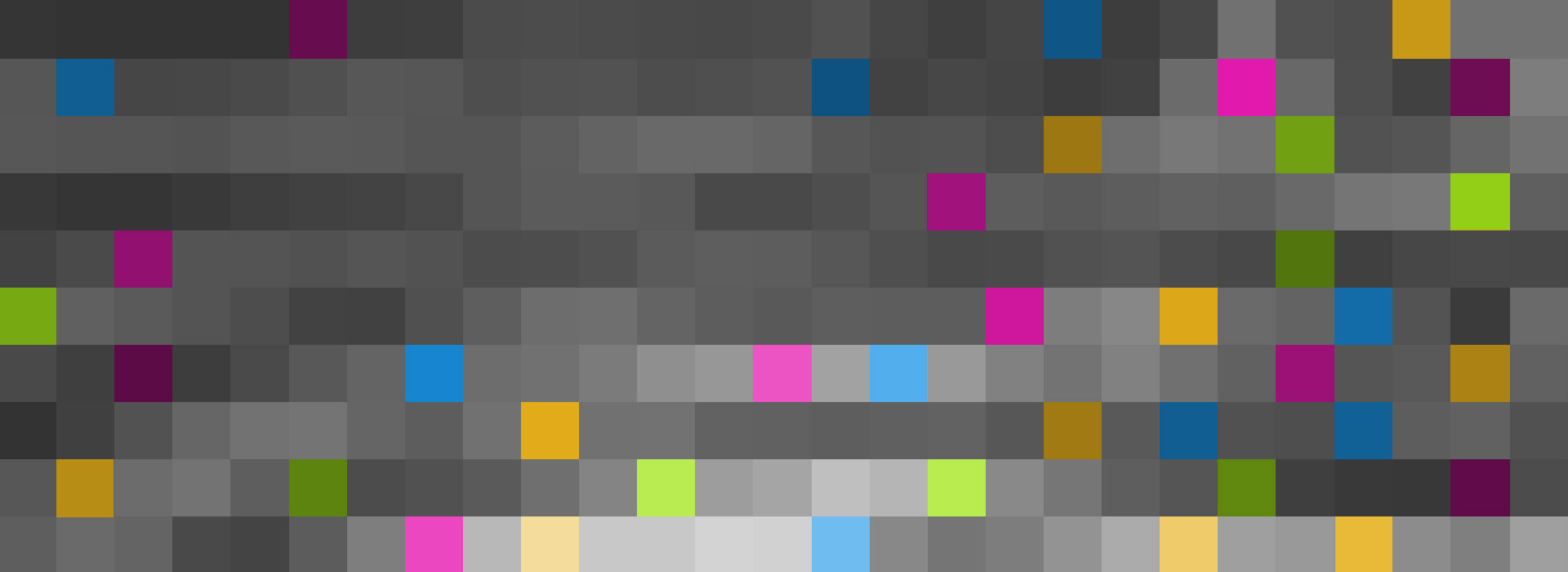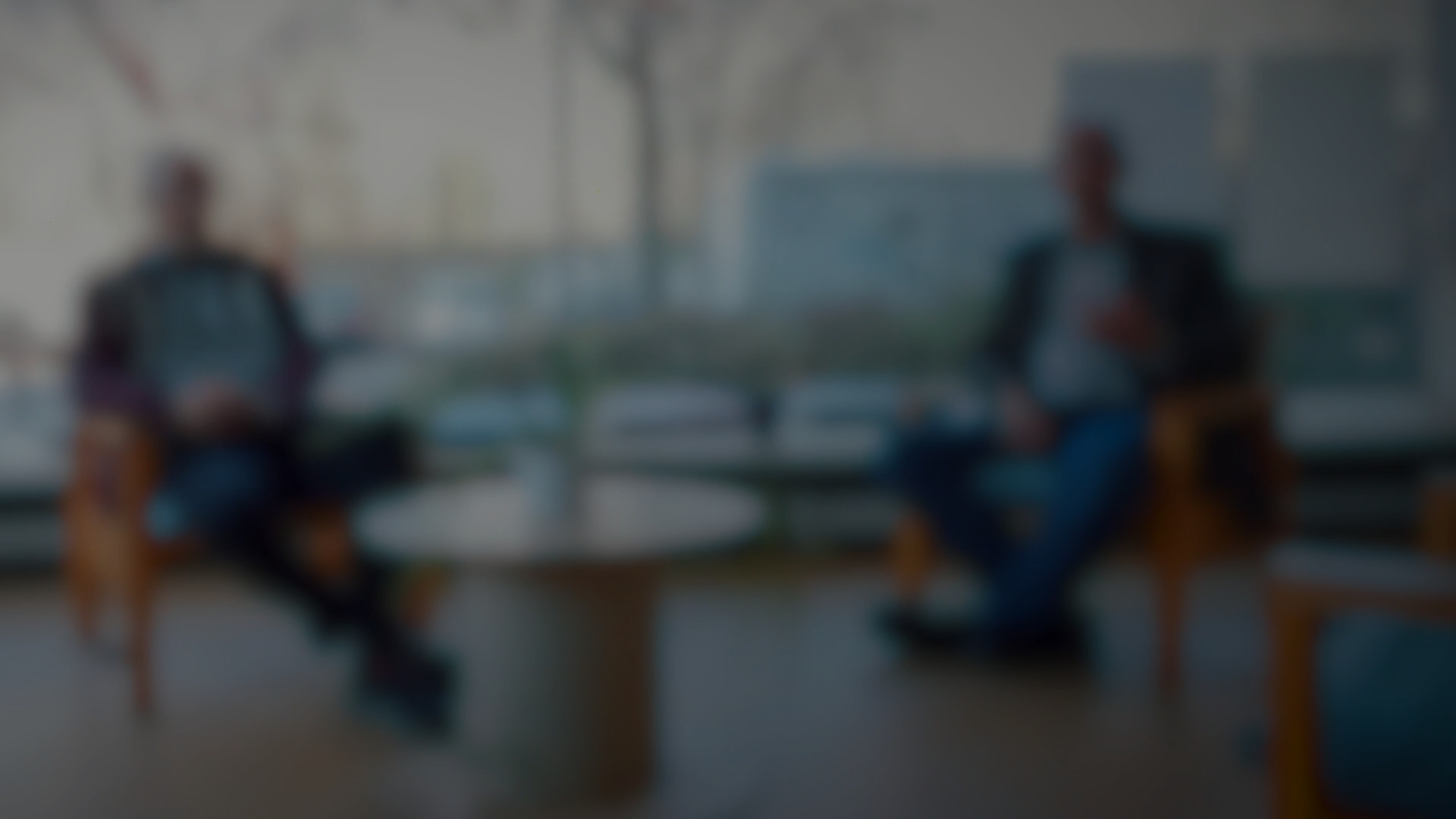Institute of Technology Futures
The Institute of Technology Futures (ITZ) consists of four research departments that cooperate in teaching and research: the Department of History, the Department of Philosophy, the Department of Sociology and the Department of Science Communication. An interdisciplinary exchange takes place in particular on research questions concerning historical, social, communicative, methodological, and ethical issues of imaginaries and visions of future states of technology and science. Thus, the ITZ brings together humanities and social science research with research from the natural and engineering sciences, computer science, law, and economics.
In the following video, Armin Grunwald, director of the Institute for Technology Assessment and Systems Analysis (ITAS) and professor of philosophy of technology at the Department of Philosophy, and Marcus Popplow, professor of history of technoscientific civilization at the Department of History, explain what the concept of "technology futures" is all about [in German – tip: use the subtitle function of youtube on the bottom right, and automatic translation to English].
The questions in the video are:
- The term "technology futures" – what is it all about?
- How has historical scholarship adopted the concept?
- How does the concept of technology futures help you in your work as a technology impact researcher and policy advisor?
- Can you give us an example of how the technology futures perspective adds depth to the history of technology reading?
The topic of the current lookKIT issue is the dialogue between science and society. Several ITZ employees have their say in the issue. Senja Post (Department of Science Communication) explains in an interview what challenges science communication has to face today (p. 10). Marcus Popplow (Department of History) discusses in a statement to what extent one can learn from the history of technology for the future (p. 29). Annette Leßmöllmann (Department of Science Communication) introduces the study program "Wissenschaft-Medien-Kommunikation" (Science-Media-Communication) (p. 40).
To the lookKIT IssueEnergy sufficiency, i.e., limiting and reducing energy consumption, is an important concept in the discussion of sustainable energy futures. Yet energy sufficiency within everyday practices is not new. In the current issue of TATuP, Nicole Hesse (Department of History), together with Christian Zumbrägel (TU Berlin, formerly ITZ, Department of History), looked at historical dimensions of energy conservation and showed how energy history can contribute as a critical instance to current debates.
To the TATuP IssueThe project "Lebensformen in Digitalisierten Lebenswelten" (in short: LeDiLe; engl.: Forms of Life in Digitalized Living Environments) at the Department of Philosophy aims to contribute to a better understanding and more reflective shaping of the 'digital revolution'. For this purpose, perspectives, discussions and insights from the philosophy of technology as well as from the ethics of technology are to be made useful for the design and development of technologies.
Read more (German)Anniversaries are a central point of reference in our historical culture - but anniversaries themselves have a history, a present and a future. This is shown in the anthology „Inszenierte Geschichte. Medialität und Politik europäischer Hochschuljubiläen von 1850 bis heute“ (engl.: "Staging History. Anniversaries in European Institutions of Higher Learning from 1850 to the Present"). The editors will present the publication at an online forum on November 22, 2021.
Read more (German)The news feature in the current issue of PNAS (Sept. 14, 2021) focuses on the increasing polarization in society, especially how it occurs in social media. Part of the article presents the research findings of Michael Mäs (Department of Sociology). Together with Marijn Keijzer, he used computer simulations to study the behavior of online bots.
Read moreThe Department of Science Communication and the University of Tübingen are founding a new center for science communication to investigate how social discussion about AI can succeed.
The "Center for Rhetorical Science Communication Research on Artificial Intelligence" (RHET AI) is funded by the VolkswagenStiftung with 3.9 million euros. Annette Leßmöllmann is the head of the "Discourse and Narrative Unit" there.
Read more (German)In the recently published handbook „Technikfolgenabschätzung: Handbuch für Wissenschaft und Praxis“ ("Technology Assessment: Handbook for Science and Practice"), Annette Leßmöllmann and Christiane Hauser address the relationship between science communication and technology assessment.
To the Publication (German)The current issue ("Technik und Zukunft") of the academic journal "Technikgeschichte" (History of Technology) contains an introduction by Marcus Popplow and contributions by Moritz Müller on the discourse on industrial robots at IG Metall, by Szilvia Gellai on the Minnesota Experimental City, and by Christoph Ernst and Jens Schröter on technology demonstrations in digital media.
To the Publication (German)On February 26 & 27, 2021, an online workshop organized by the Department of Philosophy and funded by the Fritz Thyssen Foundation took place, gathering a number of contributions on the highly topical issue of hate speech. The workshop focused on the one hand on the question of how the concept of hate speech is to be understood, and on the other hand on the question of how hate speech works – its semantic and pragmatic mechanisms.
Read moreIn the program "Sein und Streit" Christian Seidel talks with Stephanie Rohde about moralism in public discourses and moral criticism with tact.
Read moreWhat criteria are used to select experts in journalism when it comes to the COVID-19 pandemic? This question is addressed in a study by Melanie Leidecker-Sandmann, Patrizia Attar and Markus Lehmkuhl, which is now publicly available as a preprint.
Learn moreThis year's VDI technology history conference was held online on February 18 and 19, 2021. A statement by Marcus Popplow is accessible on the conference website, in which he explains the potentials of technology history for current debates on the use of future technologies ("Historische Technikzukünfte als Thema der Technikgeschichte" in Session II on February 18).
To the conference websiteThe volume edited by Paulina Dobroc and Andie Rothenhäusler originates from a conference at KIT and addresses past and present technology futures using case studies and programmatic articles as examples. An article by Marcus Popplow discusses the research on technology futures from a technology history perspective.
Read moreThe new issue of lookKIT, KIT's magazine for research, teaching, and innovation, is dedicated to the topic "Technology Consequences and Technology Visions". It contains an interview with Armin Grunwald and Marcus Popplow on the topic of "Technology Futures". In another article, Kurt Möser reports on mobility utopias yesterday and today. Also, a new KIT dossier is devoted to the topic of technology.consequences.visions.
To the lookKIT IssueIn collaboration between Science Communication, Philosophy and Computer Science, a network for the research field Computational Hermeneutics is being created at KIT.
On this site we document our joint and transdisciplinary research and teaching activities in this field.
Read more
